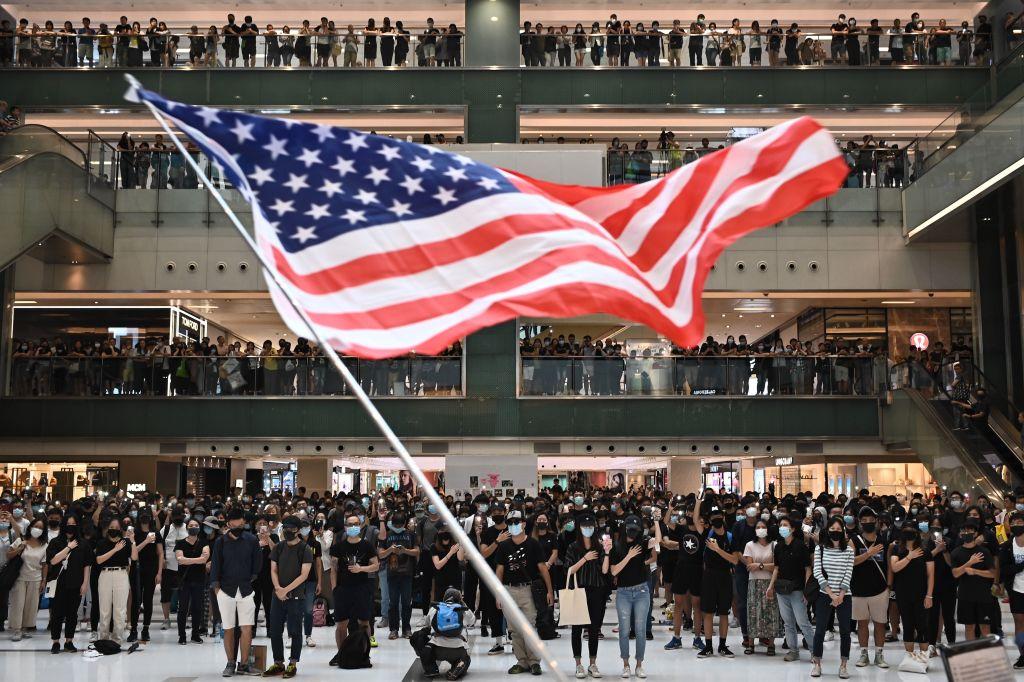Beijing and the Hong Kong government have criticized Washington for passing two human rights bills supporting Hong Kong’s autonomy amid the ongoing months-old protests.
On Nov. 27, U.S. President Donald Trump signed the Hong Kong Human Rights and Democracy Act (S.1838) and another bill (S.2710) that would prohibit the export of control equipment to the Hong Kong police, who have been criticized for violent and heavy-handed tactics when dispersing protesters.





